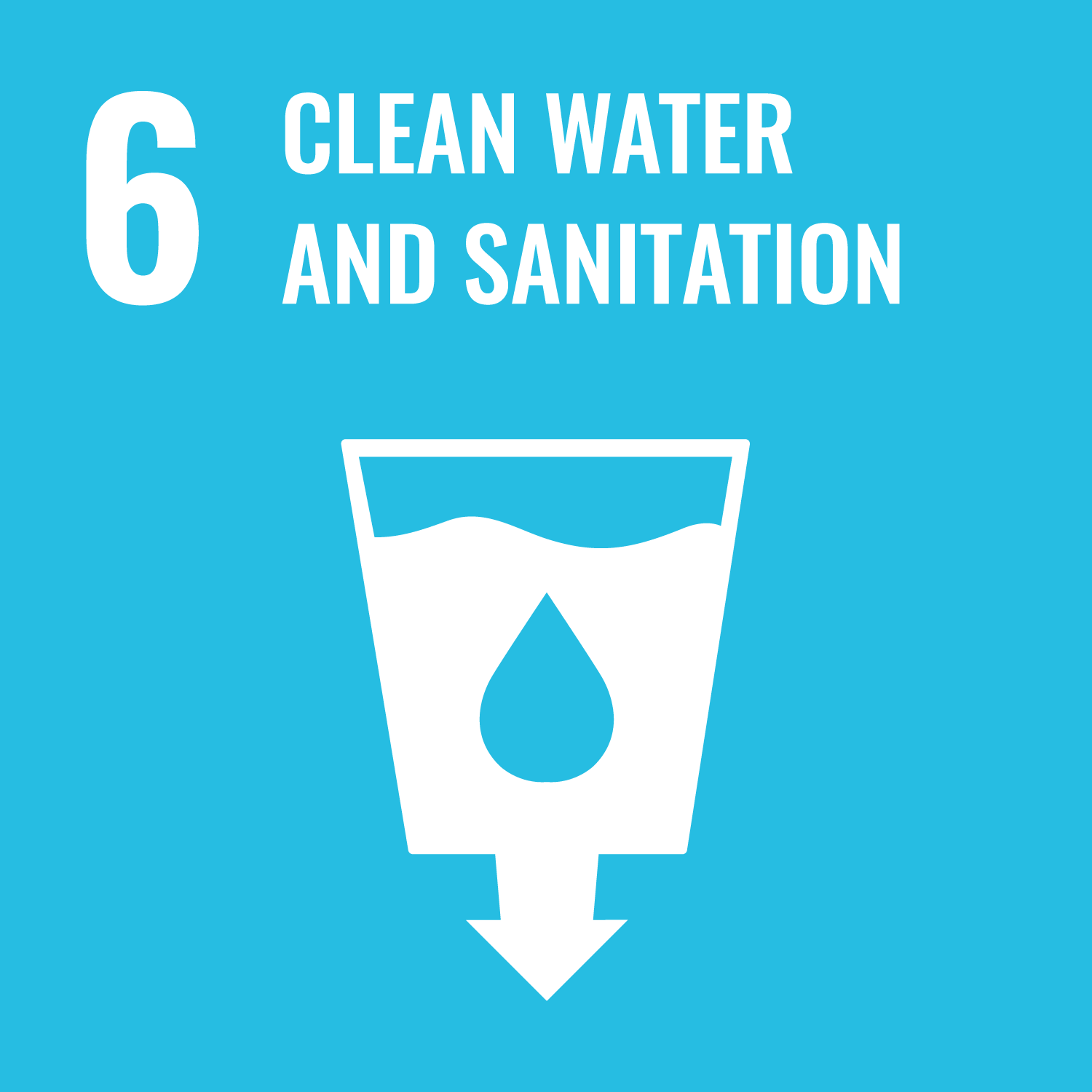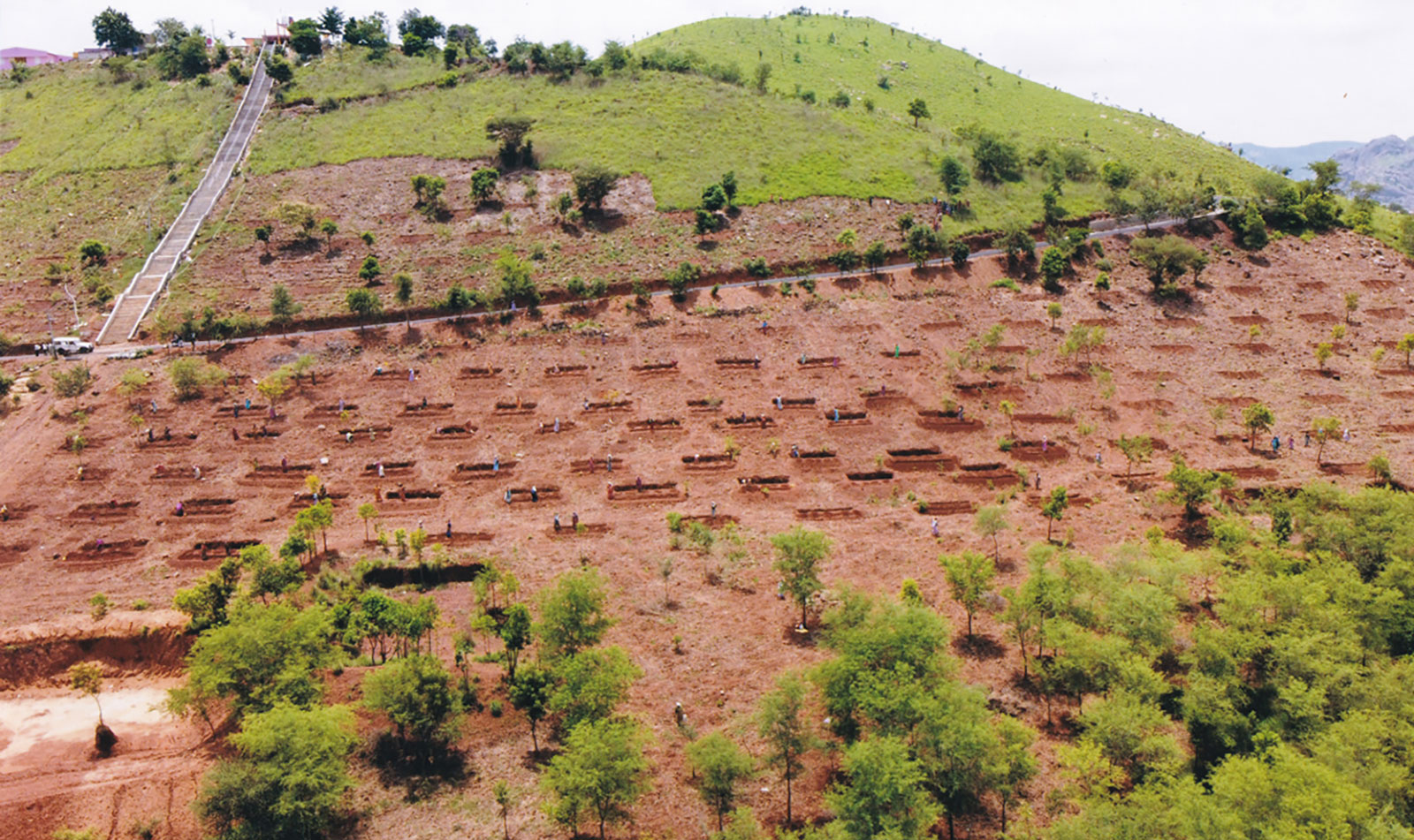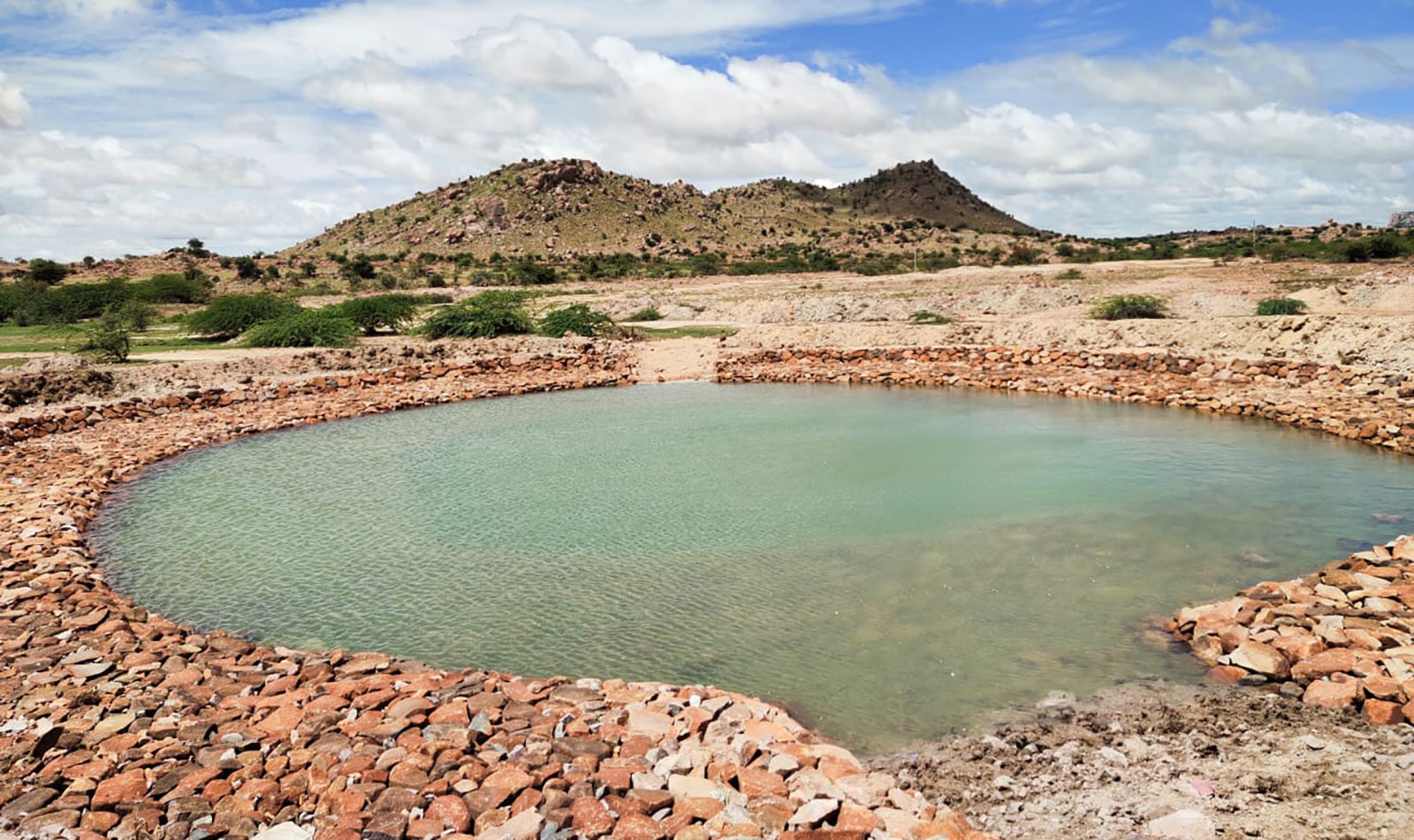Water Security and Climate Adaptation in Rural India
OBJECTIVES
Rural water resource management is improved with regard to water security and climate adaptation.
DESCRIPTION
The project is in partnership with the Ministry of Rural Development and Ministry of Jal Shakti (Water) in India. The project aims at improving planning and financing mechanisms, demonstrating climate-resilient water management measures and strengthening cooperation with the private sector. The project also has a sub-component in cooperation with the National Bank for Agriculture and Rural Development India, focussing on sustainable agriculture and sustainable aquaculture.
The key processes include leveraging the digital potential of key public development programmes for planning and implementing water security measures. Further, the project strengthens the knowledge and capacity of Government officials and technical workforce on digital tools and integrated water resource management measures. Convergence and multi-stakeholder collaborations are established for pooling technical and financial resources, as well as ensuring sustainability of project activities. The project is based in selected rural areas of five Indian states namely Rajasthan, Madhya Pradesh, Uttar Pradesh, Tamil Nadu and Karnataka.
APPROACH/FIELD OF INTERVENTION
The WASCA project works in high water stress areas, where immediate and urgent actions are planned through the CWRM planning process for enhancing water availability through watershed-based location specific interventions, coupled with groundwater recharge and climate adaptation measures:
- Strengthening the knowledge and capacity of public and private institutions, as well as of stakeholders at different levels, to plan and implement integrated water resources management.
- Promotion of collaboration between various government departments and other stakeholders to improve the financing of climate adapted water security.
- Holistic pilot measures at district/ sub-catchment level are taken up in selected districts.
- Upscaling of successful approaches at state and national levels.
- Cooperation with the private sector to leverage public-private financing and improve sustainable practices for local water security.
TARGETED BENEFICIARIES
HIGHLIGHT ACTIVITIES
- Developed along with the government functionaries, composite water resources management (CWRM) plans across 5,345 local councils across 10 districts in 5 states.
- Capacity building of existing technical workforce of Mahatma Gandhi NREGA and other Government programmes for implementing water management measures: More than 5,000 front line staff members from various government agencies in the pilot districts have been capacitated.
- Localising digital tools and technologies for improving climate resilient water resources management: The project’s interventions will lead to an additional storage of 100 million m3, which shall reduce dependence and over-extraction of groundwater for daily water needs.
- Development of an Innovation hub on ‘GIS based planning and monitoring for public employment programmes’ in partnership with the Global Alliances for Social Protection programme, for knowledge transfer from India to African and Latin American countries via digital learning mechanisms.
- Implementation and promotion of community nutrition gardens, leveraging public financing from Mahatma Gandhi NREGA, in cooperation with SEWOH project ‘Food and Nutrition Security, Enhanced Resilience’.
PUBLICATIONS
COUNTRY
India
DURATION
01 Apr 2019 - 31 Mar 2022
Commission Agency
BMZ
SDG





